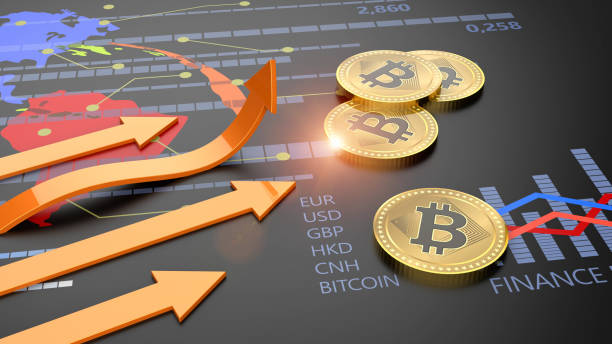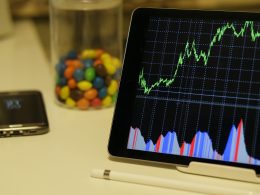In the fast-paced world of forex trading, success isn’t solely determined by market analysis or trading strategies. Equally important is the trader’s psychological makeup. The ability to navigate the highs and lows of the market with a clear and disciplined mind often separates successful traders from the rest. In this article, we delve into the intricacies of forex trading psychology, exploring how traders can develop a winning mindset to enhance their performance and profitability.
Understanding Forex Trading Psychology

Forex trading can be an emotionally charged endeavor. The volatility of the markets, coupled with the constant pressure to make split-second decisions, can evoke a range of emotions, from excitement to fear and greed. Understanding these emotions and their impact on trading is crucial for success.
Emotional Challenges in Forex Trading
Fear and greed are two of the most significant emotions that traders face. Fear can paralyze decision-making, leading traders to miss out on profitable opportunities or exit trades prematurely. Conversely, greed can cloud judgment, causing traders to take excessive risks in pursuit of higher returns.
Developing Emotional Intelligence
Emotional intelligence is the ability to recognize, understand, and manage one’s own emotions, as well as those of others. In forex trading, emotional intelligence plays a vital role in maintaining a disciplined approach to trading. Traders with high emotional intelligence can stay calm under pressure, remain objective in their analysis, and effectively manage risk.
Building Resilience
Resilience is the ability to bounce back from setbacks and failures. In forex trading, losses are inevitable, but it’s how traders respond to these losses that ultimately determines their success. Building resilience involves reframing failure as an opportunity for growth, maintaining a positive outlook, and staying committed to the trading process.
Practicing Discipline
Discipline is perhaps the most critical trait of successful traders. It involves sticking to a trading plan, following predefined rules, and resisting impulsive decisions. Maintaining discipline in the face of market fluctuations requires a high degree of self-control and commitment.
Cultivating Patience
Patience is a virtue in forex trading. Markets don’t always move in the trader’s favor, and profits often come gradually over time. Cultivating patience involves waiting for the right opportunities to present themselves and refraining from overtrading or chasing the market.
Risk Management
Effective risk management is essential for preserving capital and ensuring long-term success in forex trading. This involves setting stop-loss orders, diversifying the portfolio, and avoiding overleveraging. By managing risk effectively, traders can protect themselves from significant losses and maintain a sustainable trading career.
Analyzing Trading Psychology
To analyze trading psychology, we can categorize various emotional states and behavioral patterns commonly observed among traders. This analysis helps identify strengths and weaknesses in a trader’s mindset, allowing for targeted interventions and improvement strategies.
| Emotional State | Description | Impact on Trading |
|---|---|---|
| Fear | Paralyzes decision-making | Leads to missed opportunities and premature exits |
| Greed | Clouds judgment | Results in excessive risk-taking and impulsive decisions |
| Discipline | Sticks to trading plan and rules | Ensures consistency and minimizes emotional bias |
| Patience | Waits for the right opportunities | Prevents overtrading and chasing the market |
| Resilience | Bounces back from setbacks and failures | Promotes a positive mindset and perseverance |
Comparative Analysis
A comparative analysis of successful and unsuccessful traders reveals stark differences in their psychological makeup and trading behavior.
| Trait | Successful Traders | Unsuccessful Traders |
|---|---|---|
| Emotional Control | Maintain composure under pressure | Succumb to fear and greed |
| Discipline | Stick to trading plan and rules | Lack consistency and discipline |
| Patience | Wait for high-probability setups | Impatient, prone to overtrading |
| Risk Management | Preserve capital through effective risk management | Overleveraged, expose capital to excessive risk |
| Resilience | Learn from failures and bounce back | Dwell on losses, struggle to recover |
Conclusion
In the competitive world of forex trading, developing a winning mindset is essential for success. By understanding the psychological challenges of trading and cultivating traits such as emotional intelligence, discipline, patience, and resilience, traders can enhance their performance and profitability. Through continuous self-reflection and improvement, traders can navigate the complexities of the market with confidence and consistency, ultimately achieving their trading goals.











